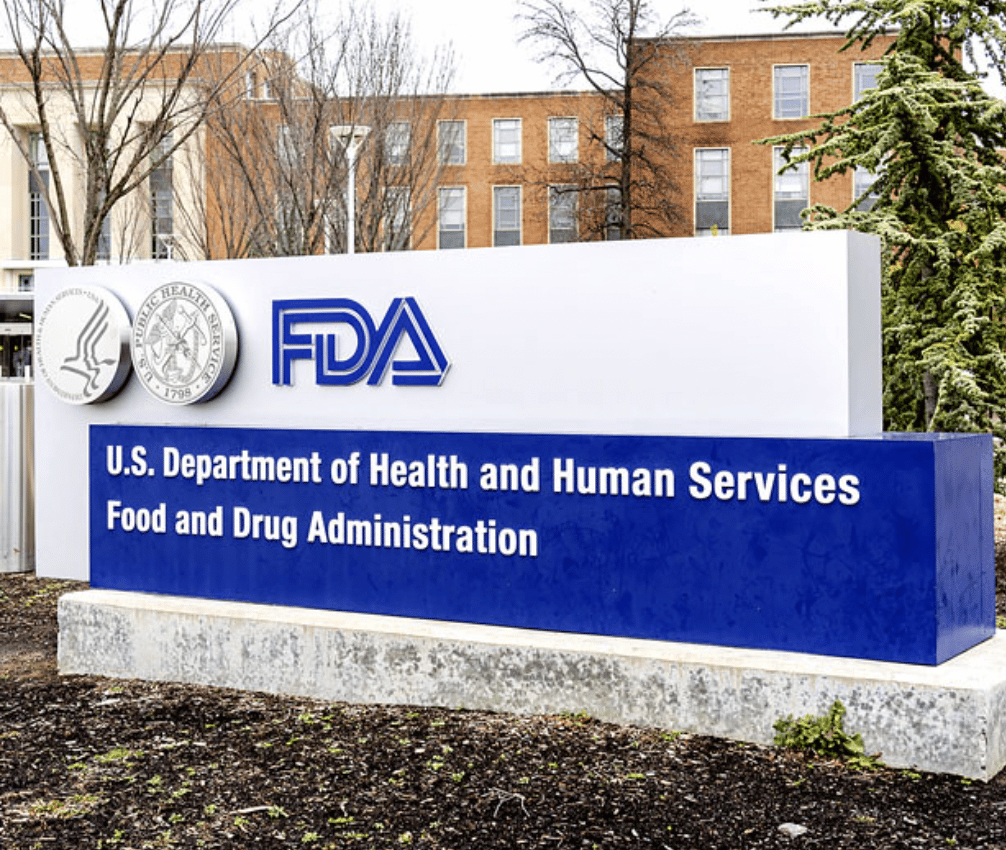On September 21, a two-month independent evaluation of the Food and Drug Administration’s tobacco center commenced amid concern from tobacco control experts that calls to modernize the center were not being taken seriously. In an August 22 letter to the foundation spearheading the evaluation, first reviewed by Filter, two dozen signatories had claimed the discussion lacked a “neutral forum” as well as sufficient “openness, transparency and civil engagement.” They may have been on to something.
The Reagan-Udall Foundation’s announcement revealed the four independent experts it had chosen to partner with: Jane Axelrod and Keith Flanagan, former higher-ups at the FDA’s Center for Drug Evaluation and Research; Alberto Gutierrez, the former director of the the agency’s Center for Devices and Radiological Health; and Charlene Frizzera, previously of the Centers for Medicare and Medicaid Services.
In short, the independent review of FDA practices will mostly be conducted by ex-FDA leadership, selected by FDA’s partner organization, which will collaborate on the review and present it to the FDA commissioner. Some observers aren’t particularly confident that it will result in any significant shifts in agency procedures.
Though FDA-affiliated, the Reagan-Udall Foundation is an independent nonprofit and its involvement in the review of the Center for Tobacco Products (CTP) is appropriate. But the overall conditions of the evaluation seem to fit in with the concerns outlined by the National Tobacco Reform Initiative (NTRI) in its August letter, as well as ongoing speculation as to whether the review is just a performative gesture to save face, or to justify more government funding.
“A great opportunity has arisen to review the operations of the CTP and to ‘modernize’ its regulatory framework.”
NTRI, a team of tobacco control experts focused on reducing adult smoking rates, wrote that CTP needed “a more rational, modernized and flexible tobacco and nicotine framework that seeks to regulate products based on relative risks.”
It is an optimistic attempt by tobacco controllers to guide the foundation into suggesting concrete recommendations CTP can take to guide the nicotine industry into the future—where the goal should ultimately be transitioning as many possible people who smoke to safer nicotine alternatives like vapes. (While not encouraging youth to take up nicotine use.) Similar efforts to engage the FDA have typically fallen on deaf ears.
“We believe that a great opportunity has arisen to review the operations of the CTP and to ‘modernize’ its regulatory framework to meet what is a rapidly changing tobacco/nicotine product environment,” the authors wrote. “This includes not only things that can be undertaken with the Center under its current authorities but also changes that are needed for modernizing the statute.”
Many vape producers, public health scholars and tobacco harm reductionists have been clamoring for change at CTP.
That statue—the Tobacco Control Act—needs to be updated, they argued. President Barack Obama signed the legislation in 2009, giving the FDA regulatory power over tobacco; in 2016, the agency “deemed” vaping products under its authority, soon triggering a cumbersome premarket tobacco application (PMTA) process that required manufacturers to submit robust scientific and behavioral studies for authorization. The process has so far barred millions of vapor products from the legal market, and authorized just a handful.
Since then, many vape producers, public health scholars and tobacco harm reductionists have been clamoring for change at CTP—though it wasn’t until July 2022 that FDA commissioner Robert Califf announced the Reagan-Udall Foundation would partner with external experts to evaluate the agency’s beleaguered food and nicotine divisions.
The NTRI letter, led by Dr. K. Michael Cummings, a professor at the Medical University of South Carolina, called specifically for setting product standards that streamline review procedures. This could involve either modifying or eliminating the PMTA process and better regulating product categories to correspond to the “continuum of risk,” which in turn could entail getting accurate information to consumers about which nicotine products are safer than others.
It also asked the foundation to consider bolstering education around nicotine, a substance that many inaccurately still believe causes cancer from cigarette smoking; lowering the nicotine levels in cigarettes to effectively zero; and removing other burdensome regulatory hurdles that hamper innovation.
“It is unfortunate that the current environment is almost toxic with policy and regulatory decisions appearing to be shaped not by scientific evidence as it should be,” the authors continued, “but more by political influence.”
Photograph by Felton Davis via Flickr





Show Comments